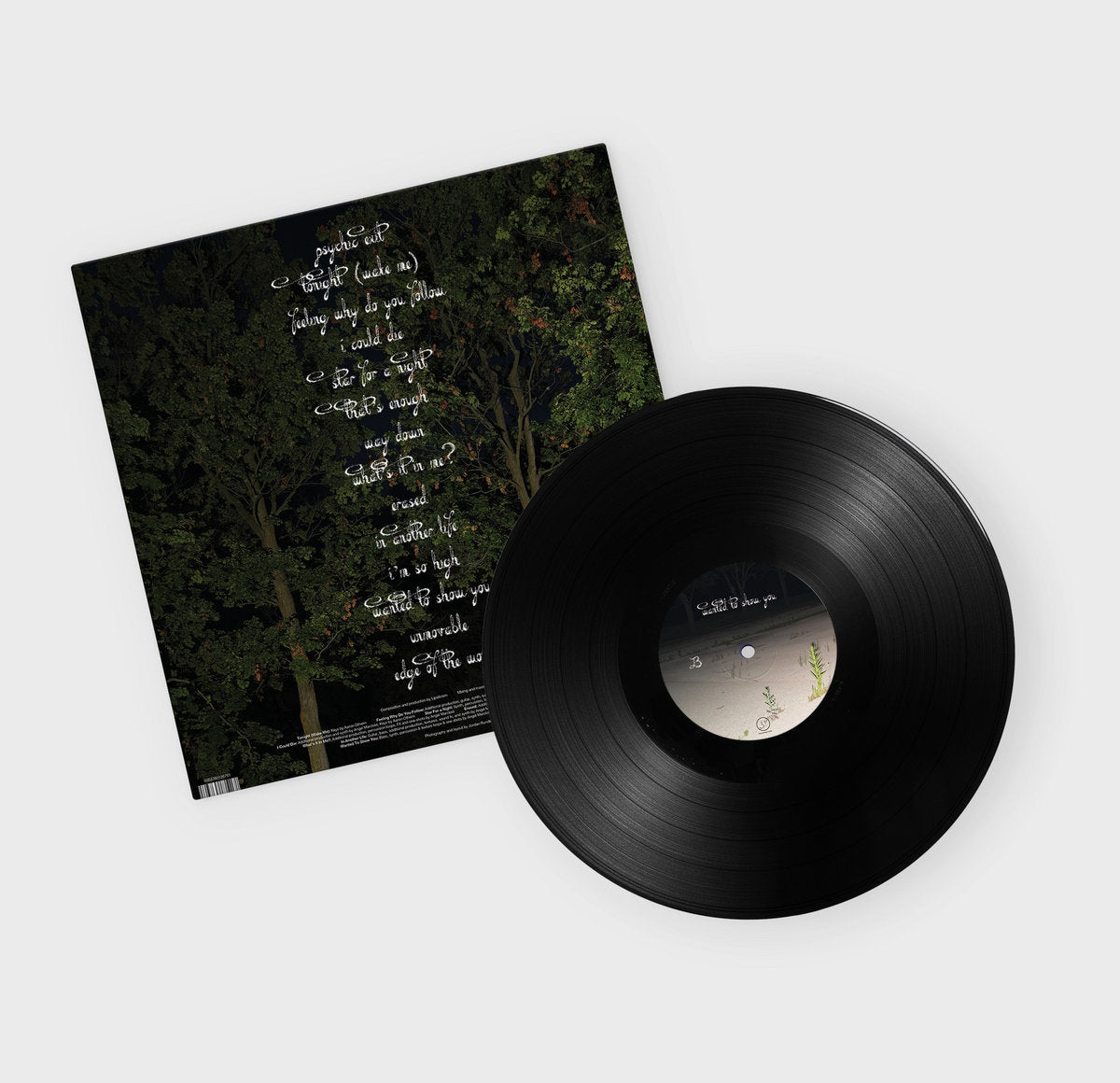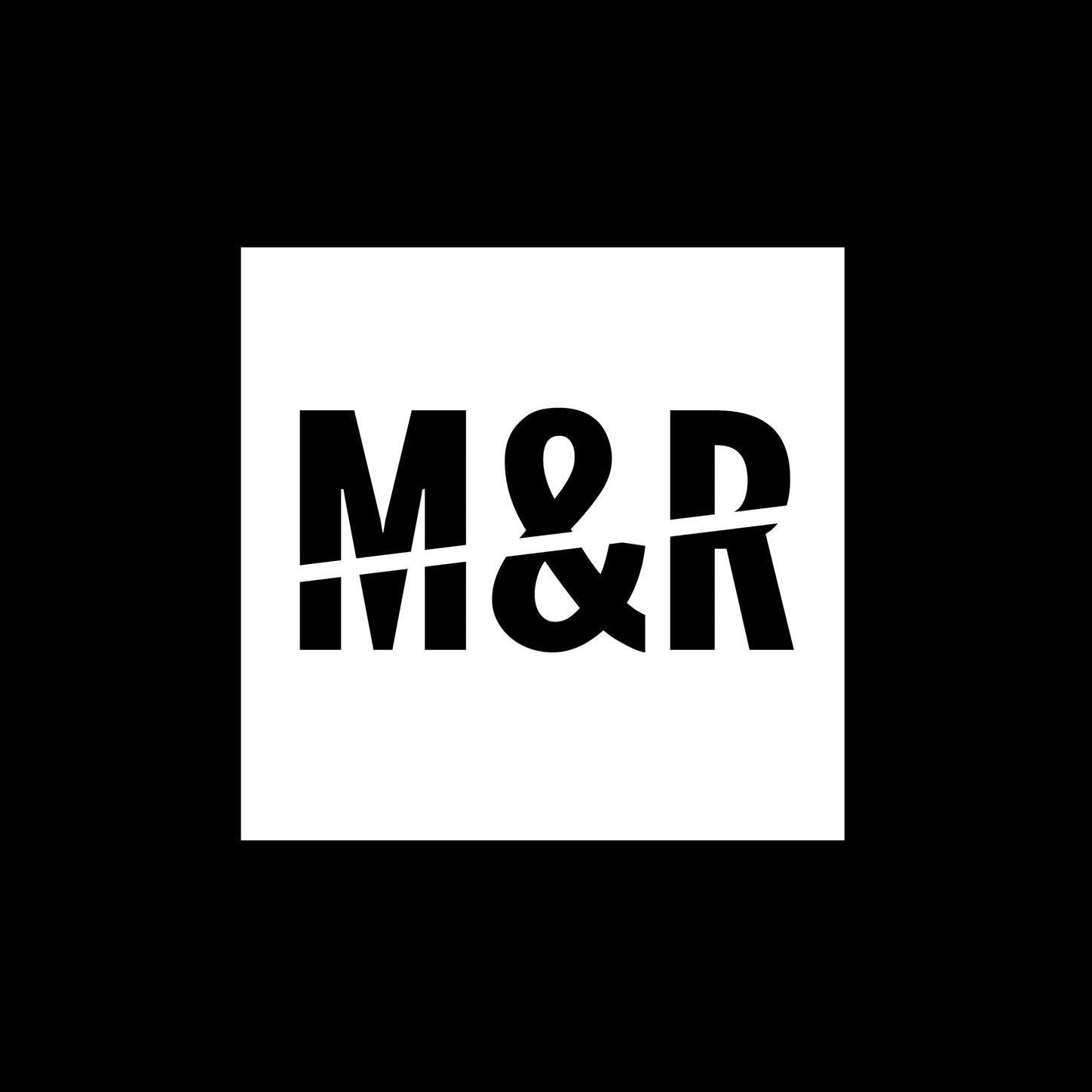Phantom Limb
Lipsticism - Wanted To Show You (Black Vinyl)
Lipsticism - Wanted To Show You (Black Vinyl)
Couldn't load pickup availability
Chicago solo artist Lipsticism uniquely interweaves elements of shoegaze, house, hyperpop and experimental pop, and ambient music for her debut Phantom Limb album, Wanted To Show You, a highly accomplished listening experience both honey-sweet and emotionally crushing.
A key moment on Lipsticism’s Wanted To Show You is the single “Feeling Why Do You Follow”. Its entrancingly measured alchemy of Lipsticism’s precious materials - spacious, haunting synthesis, angelic voice, thumping house kick-n-hats, balmy and achingly melodic prettiness - coalesces with the spellbinding imagery cast by its opening lyric: Why do you follow me into dreams? / you crawl on top of me. While Lipsticism’s music is inherently dreamlike (and dreampop-like) in its gauzy, hazy unreality, it brings a tangible embodiment along for its bliss-out joyride, at once nostalgically familiar and skewed.
The record, writes Alana Schachtel - the musician behind Lipsticism - grapples with “the fleeting nature of relationships. The feeling of wanting to connect with someone after they have passed.” Schachtel’s songcraft reaches across a plane, its slow-motion dancefloors imbued with magical light to make even recogniseable instrumentation float weightlessly through her sonic space. Acoustic guitar appears on occasion, revealing Lipsticism’s early, self-released roots of freak-folk and bent-Americana. Her voice is often so lush as to seep like plasmic energy through the blinking lights of her synthesis and beat programming, but always true, always authentic.
Bound together in adroit narrative flow, Wanted To Show You swells and eddies. “That’s Enough”, midway through the album, drops all masks for a quiet and swooning study of vulnerability, and the alien-planet Chicago house rave reaches an unexpectedly beatific and confessional comedown.
Later in the album, “Erased” begins with a deceptive lite-jazz synth wiggle that morphs into a swampy, fugged-out wash of pads over intoxicating an two-step beat programming. Its spectral vocal halo is a kind of deja vu of quasi-familiar shadowplay, here and not here, but revealing deep mysteries in understated and unassuming catharsis. Here, and across the record, the presence of Schachtel’s mix and mastering engineer Angel Marcloid (aka Fire-Toolz) can be felt in its strange and changeling giddiness, in its balance of sound design against voice.






